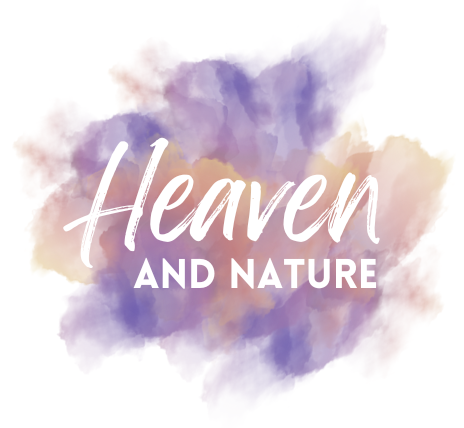Paddling kayaks and canoes has many life lessons for us. Resilience is one of them. Learning it can carry us through many challenges.

“The Lord deserves praise! Day after day He carries our burden, the God who delivers us. Our God is a God who delivers; the Lord, the sovereign Lord, can rescue from death.”
Psalm 68:19-20 (NET)
Our bodies are made to work in a specific way. The science of kinesiology has made so many amazing discoveries in this area!
There are ways we can use our bodies that lead to increased strength. And ways we can use our bodies that can lead to injury and weakness.
Athletes, trainers, adventurers and guides alike will tell you that proper form can be the difference between completing an activity successfully and not being able to complete it.
Proper Form for a Kayak Trip
I was so excited to go on a kayaking trip in the Apostle Islands on Lake Superior with a group of women and fantastic guides from Whitecap Kayak.
The first thing we did before we even got on the water was learn how to properly hold a kayak paddle. We practiced on shore the beginning elements of a proper stroke.
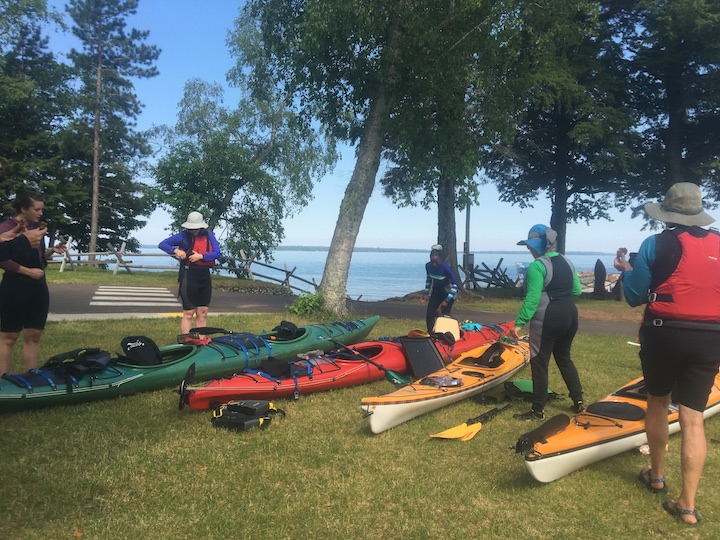
Our guides continued to provide instruction, give tips for improvement and teach additional skills throughout the course of the trip.
This approach not only made the activity more enjoyable for us, it was also for safety. Poor form increases the risk of injury, and also increases the risk that something may go wrong.
For example, not knowing how to paddle effectively could cause a capsize or render your paddling ineffective during bad weather.
Proper Form Increases Resilience
Before this trip, I would notice my muscles fatigue very quickly when paddling a kayak or canoe. I would quickly develop painful blisters that further decreased my paddling effectiveness.
I very quickly learned that paddling is not supposed to be like that!
I simply did not know proper paddle form. It was causing injury to me and making paddle experiences much more strenuous than necessary.
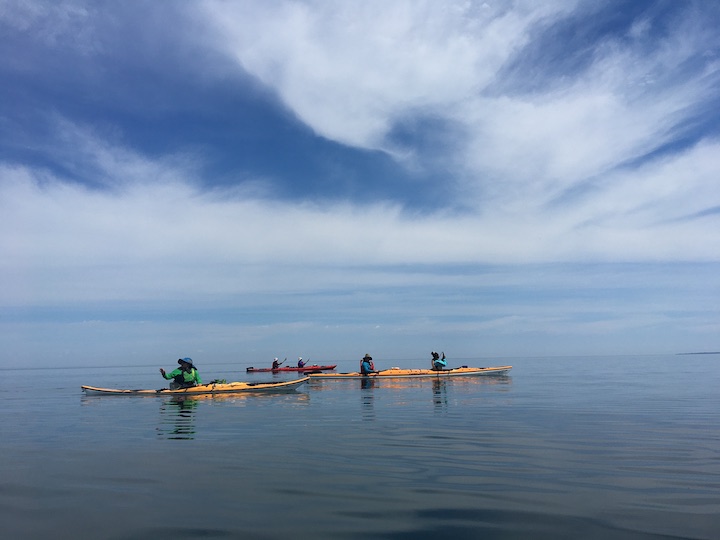
During that kayak trip, I challenged myself to start slow and really learn how to paddle correctly. I was able to paddle stretches of seven and nine miles at a time. Something I could not have done when I didn’t know the proper way to paddle!
I was tired, but I didn’t stress my muscles to the point of injury. My joints and muscles didn’t hurt. I no longer got painful blisters on my hands!
I was so thankful to wake up the next morning feeling rejuvenated and rested. I was able to repeat similar mileage with no strain on my body that would cause injury.
Paddling long distances is so much more enjoyable when I’m not experiencing injury and fatigue from incorrect paddling!
Proper “Form” for Life
In thinking about this skill set in the outdoor world, I realized this experience can translate to our spiritual walk as well.
The Bible says in Isaiah 40:31 (NIV): “They will soar on wings like eagles; they will run and not grow weary, they will walk and not be faint.”
Our spiritual walk with the Lord and with the people around us is not always easy. It challenges us. However, not everything that’s a challenge has to feel exhausting or damaging.
We can persevere and still be able to continue on the next day. God gives us the tools we need to continue to grow, live with joy, and thrive through challenges.
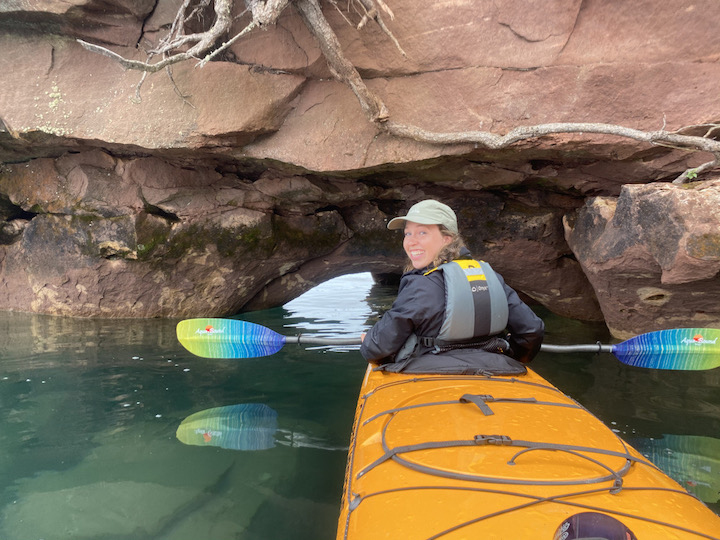
Increasing Spiritual Resilience
What I am ultimately saying is that “proper form” increases resilience.
When we have the right “form” of leaning on Christ, what could be too hard or cause emotional or spiritual injury becomes possible.
It doesn’t mean it’s not hard. But it means we can do it because we are working our spiritual muscles the right way.
There are so many areas of our lives where it can be easy to carry intense situations the wrong way which can be detrimental to our emotional and spiritual health.
I believe God has a good plan for us that includes having the resources we need to complete the tasks set before us and build spiritual and emotional strength and resilience.
This can look different for each individual’s personal needs. However, there are some general things that strengthen emotional health and faith practices.
A few starting ideas could be:
- Self-care
- Spending time outside
- Spending time in faith practices such as reading the Bible, prayer, and worship
- Nervous system regulation activities like guided breathing
- Professional support like therapy
- Relational support like faith community groups.
During the day while we paddled I knew there would be an end to the day. My body would be able to rest after doing this good but hard work.
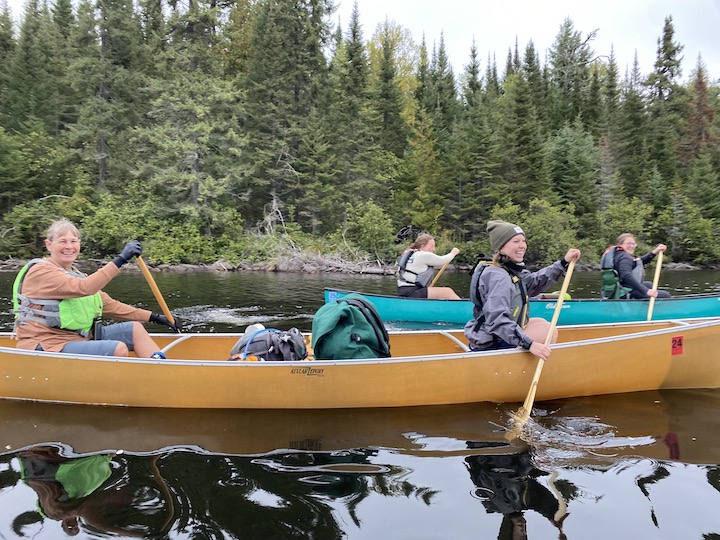
And we see this in our faith, as well.
We set our eyes upon the prize and are encouraged through Paul’s words when he writes to the church in Philippians 3:14, to “press toward the mark for the prize of the high calling of God in Christ Jesus.” (KJV)
Questions for Meditation or Group Discussion
Does this resonate with you? Here are some discussion topics for your personal time or with a group to explore integration and next steps:
- Are there areas of your spiritual or emotional life that feel like you can relate to “not knowing how to paddle correctly”?
- With other safe people or in quiet time with God, do any ideas come up for how God can help you address where you’re seeing space for more support or resilience?
Here’s more…
- We Can Be in Peace During Life’s Storm
- How God Uses Wilderness to Shape Us
- Build Christian Community with a Kayak Trip
- It’s a Joy to Remember Our Outdoor Adventures - August 8, 2024
- 9 Free Devotionals for Your Next Camping Trip - July 18, 2024
- What Valuable Lessons Pearls Can Teach Us - June 6, 2024
